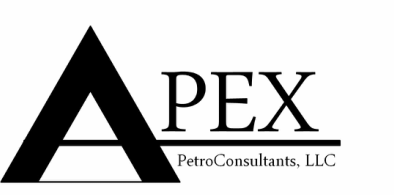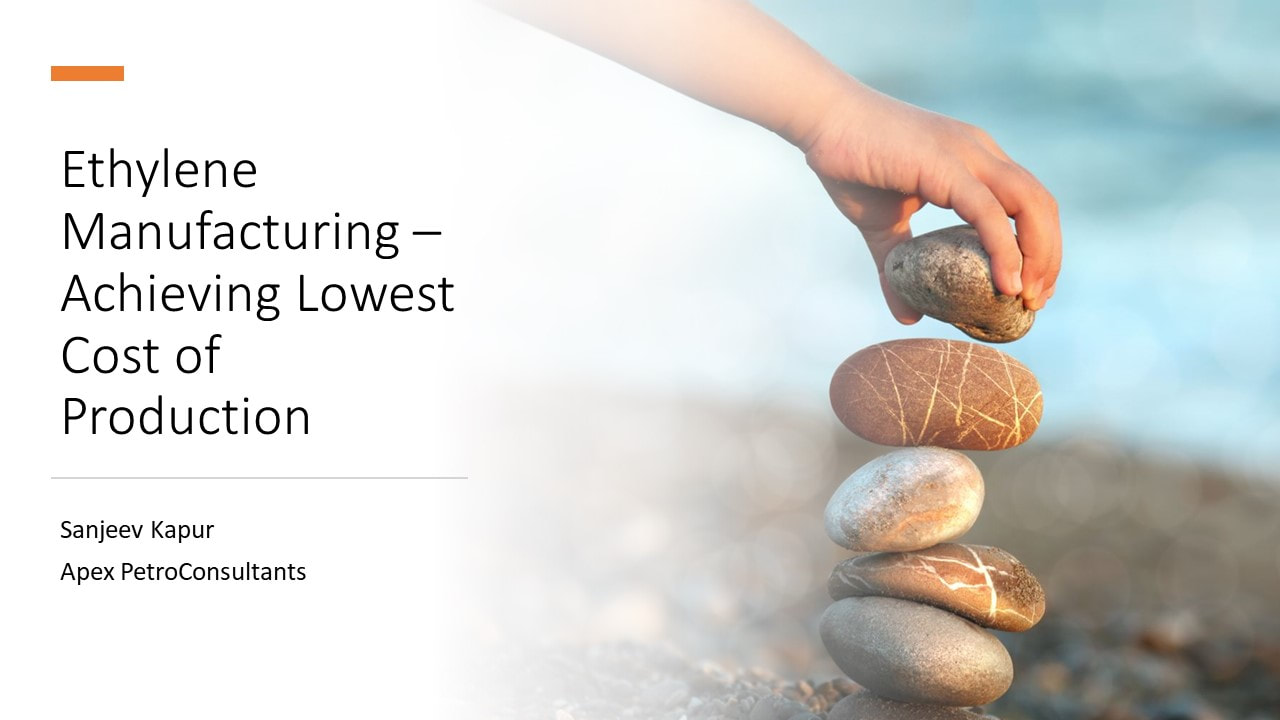- Increase in ethylene supply over last two years, leading to an imbalance
- Economic slowdown and demand destruction from global impacts of pandemic – on many market segments (e.g. auto industry), economic contraction, behavior shift (e.g. working from home), increase in unemployment, a large portion of the global population being pushed into poverty
- Energy dynamics, partly driven by the pandemic, driven by demand constraints of fossil fuels (particularly petroleum-derived fuels – gasoline, jet fuel, marine fuels, etc.)
- Geopolitics – trade wars, tariffs regime, sanctions, nationalistic approach vs. globalization
- Environmental pressures – plastic circularity, emissions (greenhouse gas, nitrous oxides, particulates, etc.), sustainability, shareholder pressure
The cost of production in the ethylene manufacturing process depends on:
- Performance efficiencies – feed consumption, product yield, selectivity, energy efficiency (utility consumption), catalysts/chemical consumption
- Plant mechanical availability
- Production slowdown contributed by operation and mechanical reliability issues, process operation, and control
- Fixed costs
- Depreciation, cost of money, etc.
These may appear to be the obvious areas to optimize for improving competitiveness, but many owners and operators struggle to focus on improvements under the current market environment due to the:
- Potential budget constraints; resulting in cuts in preventive maintenance needs, operational mitigation, training, etc.
- Availability of the right resources
- Experience gap, given the attrition and layoffs because of cost-reduction efforts
At Apex PetroConsultants, we work together with owner/operator teams to understand the full capability of your facility to identify areas of opportunity to improve performance efficiency and plant reliability for minimizing the cost of production. We also focus on imparting working knowledge based on experience and expertise to fill the experience gap through focused training programs.


 RSS Feed
RSS Feed